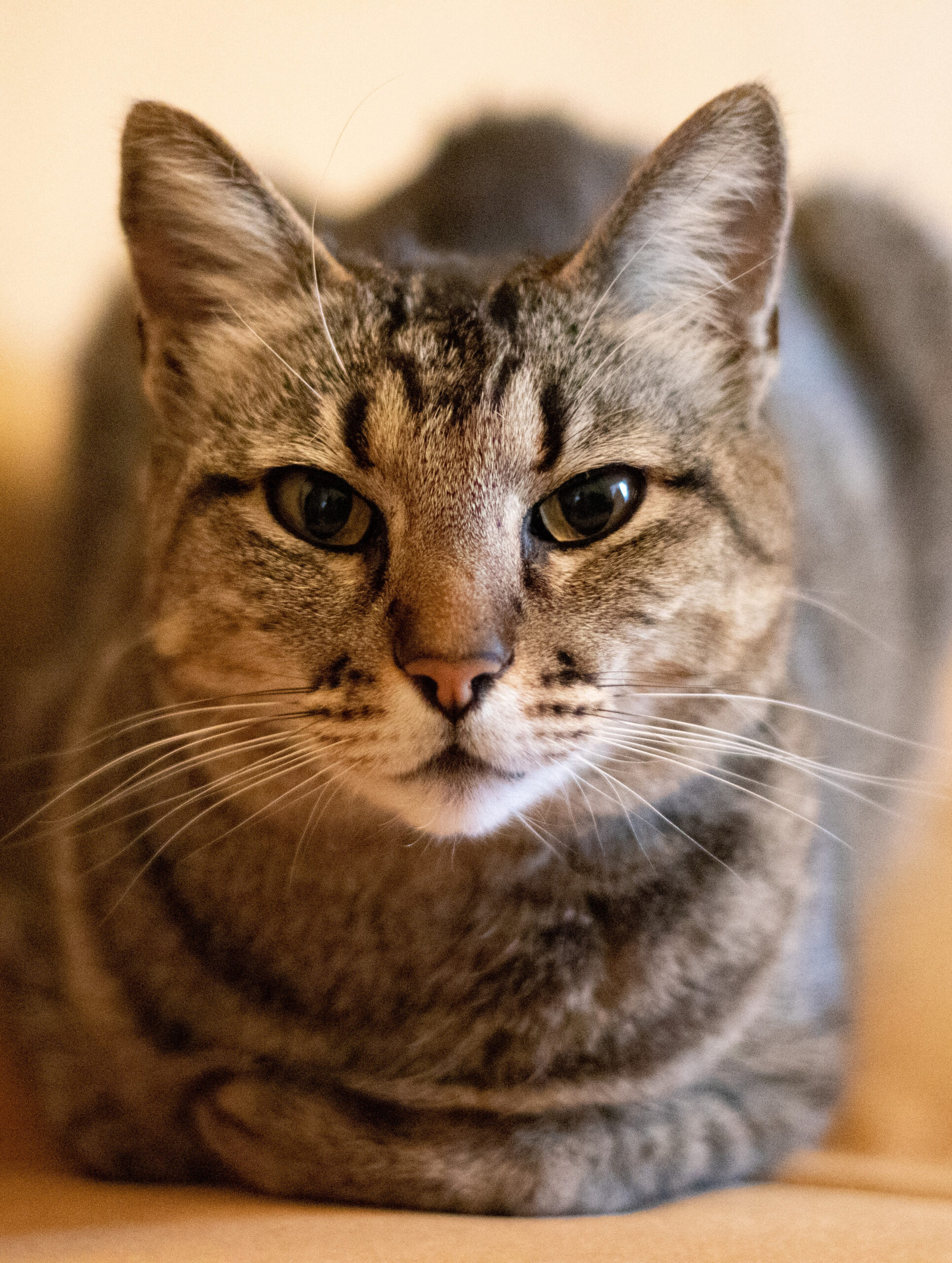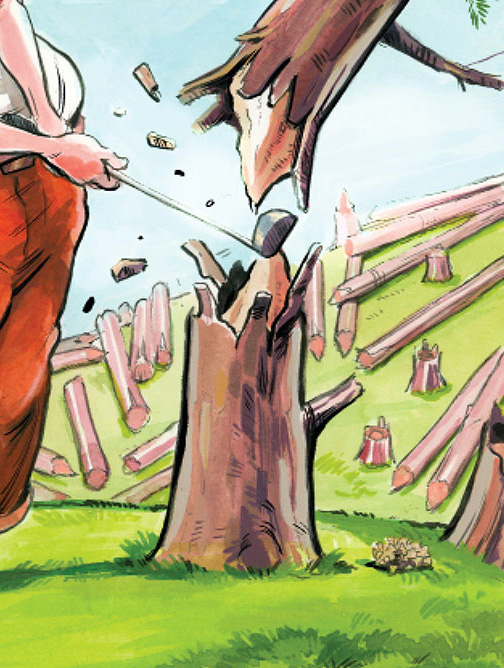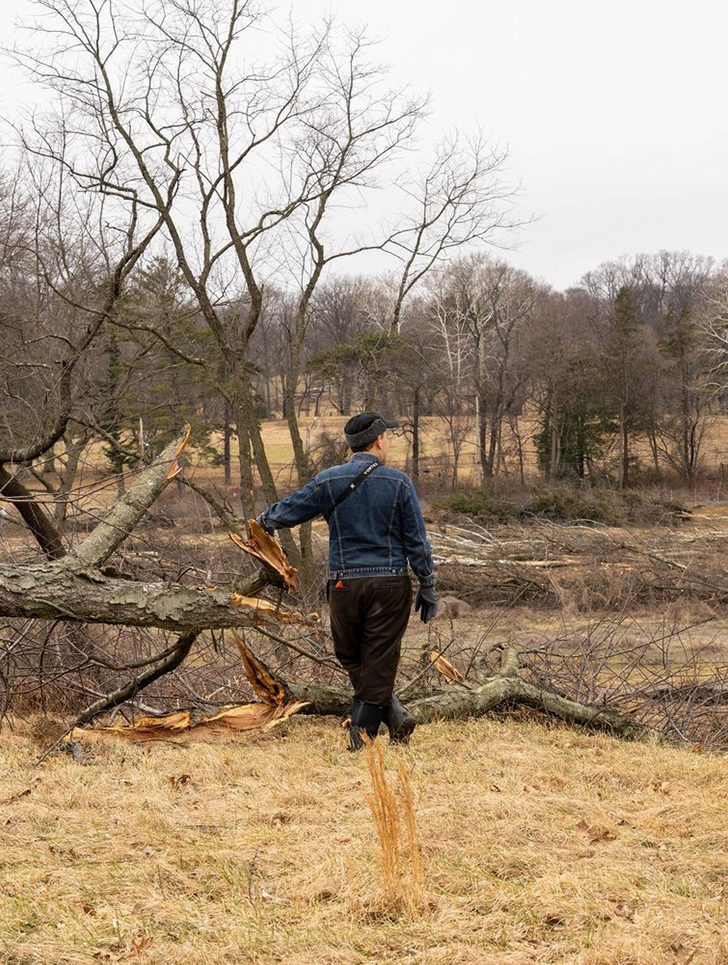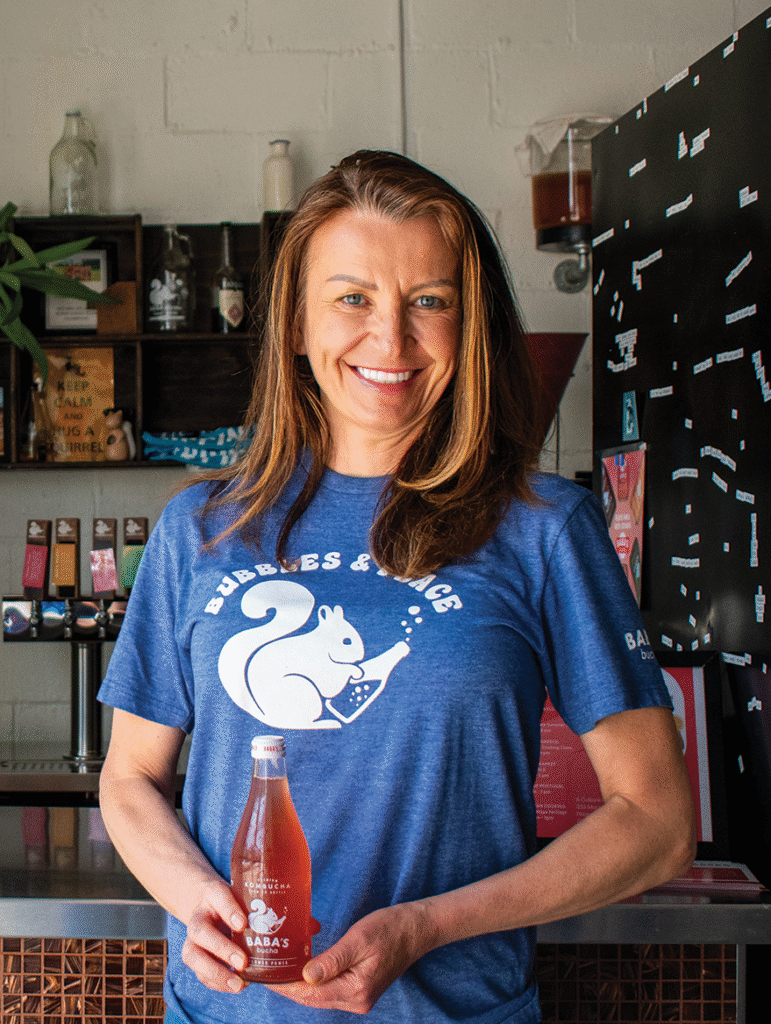Pennsylvania’s One Health Task Force has issued recommendations intended to reduce the risks to public health and to wildlife health posed by house cats.
As the recommendations notes, “Pennsylvania has the highest number of rabid domestic cats among all states, and domestic cats disproportionately expose more people to rabies than other sources.” House cats also transmit through their feces the parasite that causes toxoplasmosis, a disease that, along with rabies, is a risk to livestock. It becomes a risk to humans as well when they eat undercooked, contaminated meat. Cats also kill wildlife in huge numbers.
The task force found that cat oversight is scattered among various Pennsylvania departments and laws, and it recommended consolidating regulations.
Among other recommendations, the task force determined that the state should ensure that all cats get vaccinated against rabies, encourage all cat owners to keep cats under their control (indoors, on a leash, or in an enclosure) and ensure that property owners are able to remove unwanted cats from their properties. It also recommends science-based educational efforts about the risks cats pose to humans, livestock, wildlife and the food supply.
The report concludes: “Pennsylvania has the opportunity to become a leader in One Health risk mitigation by effectively addressing human, domestic animal, and wildlife health and welfare concerns associated with free-roaming domestic cats. With the large number of free-roaming domestic cats in households, on farms, and in feral populations, management challenges are vast, but not insurmountable.”








